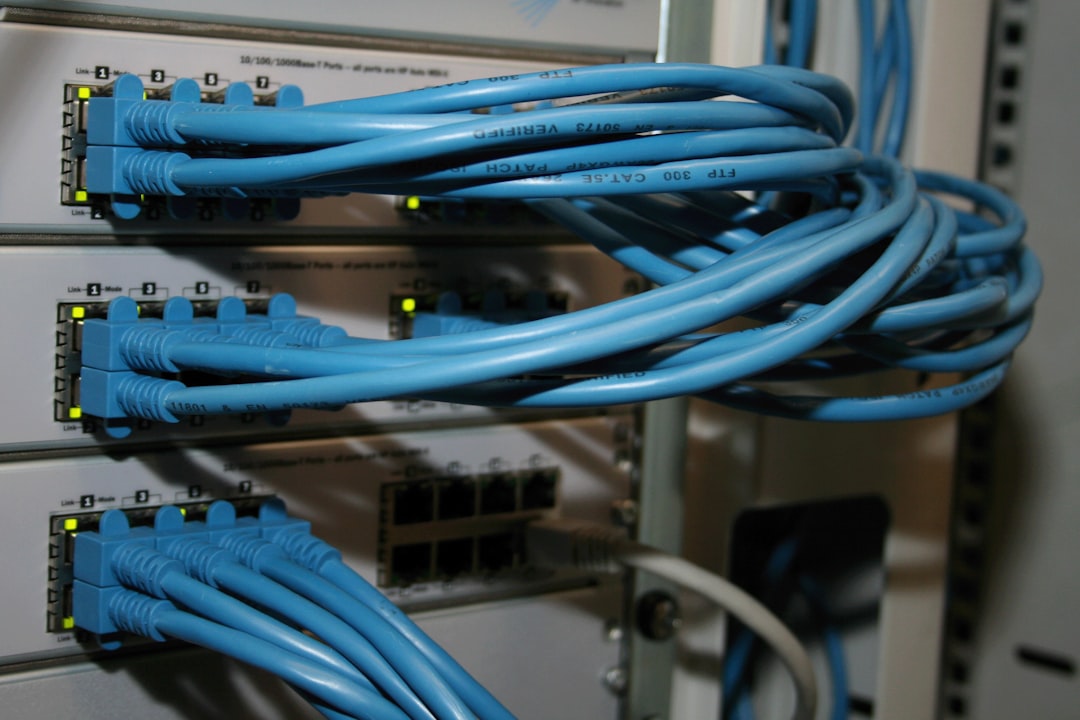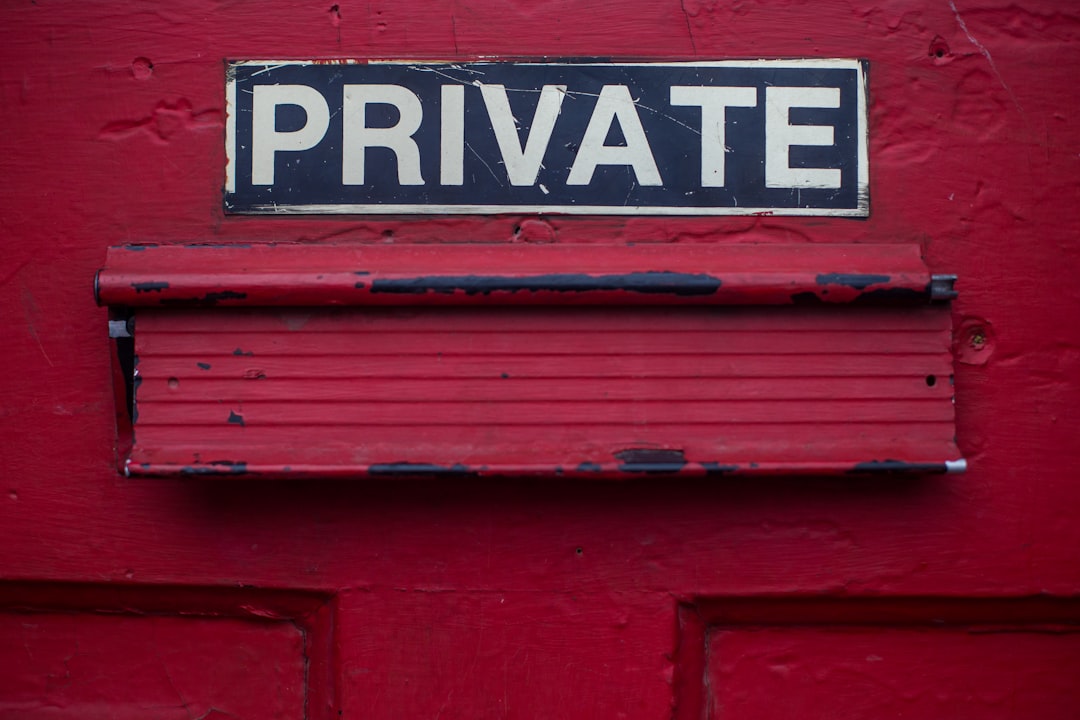In an era where digital threats are everywhere and privacy breaches are a growing concern, having an extra layer of online protection has never been more critical. Whether you are safeguarding sensitive information, accessing geo-restricted content, or simply browsing without surveillance, using a VPN — and sometimes even a residential proxy — can make a world of difference.
Understanding VPNs: More Than Just Privacy
A Virtual Private Network (VPN) encrypts your internet connection, ensuring that your data is shielded from hackers, cybercriminals, and even your Internet Service Provider (ISP). In basic terms, a VPN builds a secure “tunnel” between your device and the internet.
Top Reasons to Use a VPN:
- Enhanced security on public Wi-Fi
- Conceal your IP address
- Bypass geo-restrictions and firewalls
- Protect online transactions
- Prevent bandwidth throttling by ISPs

Public Wi-Fi networks, common spots like cafes and hotels, are notorious hunting grounds for cybercriminals. Without a VPN, your personal data could easily be intercepted. Additionally, avid streamers can rejoice with VPNs, unlocking content libraries from various countries by sidestepping geo-blocks.
Where Residential Proxies Step In
While VPNs serve everyday needs exceptionally well, there are situations where a VPN alone might not be enough — and that’s where residential proxies come in.
Unlike VPNs, residential proxies route your traffic through real, physical devices, giving you an authentic residential IP address. This makes you appear like a legitimate, average user rather than someone hiding behind a data center IP.
Key benefits of residential proxies include:
- Increased anonymity with real-user IPs
- Better success rates when web scraping
- More reliable access to limited goods or services
- Improved data collection for market research

Businesses, marketing agencies, and tech-savvy individuals often opt for residential proxies for tasks like gathering competitive intelligence, price monitoring, and ad verification.
VPN vs. Residential Proxy: Which One Should You Choose?
The decision depends entirely on your needs. If you’re prioritizing personal privacy, secure browsing, and unlocking restricted content, a VPN is perfect. However, if you require undetectable access to specific websites or need multiple, varied IP addresses for professional tasks, a residential proxy is the way to go.
Sometimes, combining both — using a VPN for overarching security and a residential proxy for targeted anonymity — can provide the ultimate shield.

Final Thoughts
Today, simply being connected isn’t enough; how you connect defines your safety, privacy, and freedom online. Whether securing your online activities or bypassing unfair content restrictions, using a VPN — and maybe even investing in a residential proxy — can drastically enhance your internet experience. As digital threats evolve, so should your strategy for staying ahead of them.
FAQs
1. What is the main difference between a VPN and a residential proxy?
A VPN encrypts all your online activities and routes them through a secure server, focusing mainly on security and privacy. A residential proxy utilizes physical devices for IP addresses, offering more authenticity for specialized web tasks like scraping or accessing region-specific websites.
2. Is it legal to use a VPN or residential proxy?
In most countries, using a VPN or residential proxy is legal. However, certain activities conducted through them — such as bypassing subscription services or engaging in illegal practices — may be against terms of service or even local laws.
3. Can I use a VPN and residential proxy at the same time?
Yes, it’s possible. Some users opt to use both to add extra layers of anonymity and security, especially when working with sensitive data or conducting activities that require undetectable web traffic.
4. Will a VPN or residential proxy slow down my internet speed?
It’s possible. VPNs can slightly reduce internet speed due to the encryption and rerouting processes. Residential proxies may also impact speed depending on their quality and the setup. Choosing high-quality providers can minimize these effects.
5. How do I know if I need a residential proxy?
If your main internet activities involve tasks like large-scale data scraping, purchasing limited-edition items, accessing geo-specific content reliably, or managing multiple accounts without detection, then using a residential proxy would be highly beneficial.